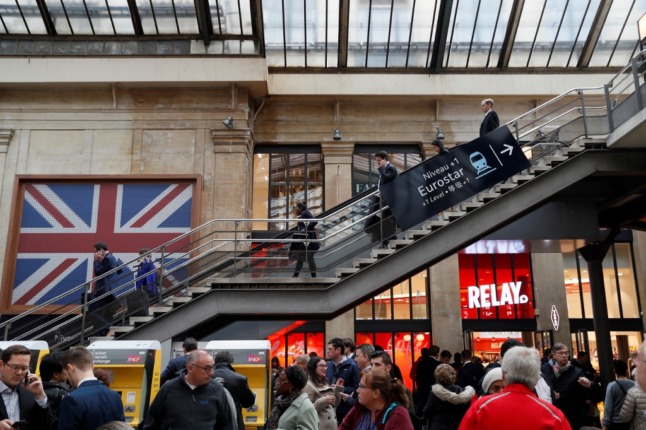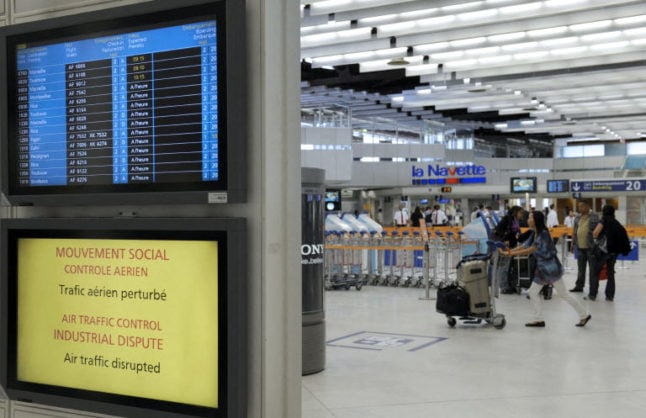Reader question: I have had and recovered from Covid-19. I understand that being recovered from Covid is accepted as proof on the health passport – but how do I prove that?
With Europe opening up to travellers, a ‘health passport’ will be the summer’s must-have travel accessory.
You can read full details of how France’s health passport will work HERE but there are three types of proof that people will be able to supply before travel; a vaccination certificate, a negative Covid test taken within the previous 48 hours or proof of recovery from Covid.
READ ALSO Can I access France’s health passport with a foreign vaccination certificate?
It is important to note that, for those who have recovered from Covid, the period in which they can use this for their health passport is limited.
According to France’s public service website, acceptable proof of Covid recovery is the following:
A positive PCR or antigen test more than 15 days and less than 6 months old, and a follow-up negative test.
People who had Covid more than six months ago, or who never got a test while they were ill, cannot use the recovery option and will instead need to present either a vaccination certificate or a recent negative Covid test.
France’s policy on vaccination for people who have had Covid is that you cannot be vaccinated until three months after you have recovered, but then most people will only need a single vaccine dose.
If you have previously recovered from Covid, make sure you flag this up when you get your vaccine and the person administering the vaccine can decide whether you need a second dose or not. If you only need one dose, you will get a ‘second dose’ certificate, confirming that you are fully vaccinated.
READ ALSO What to expect at your vaccine appointment (and what to do if you don’t have a carte vitale)
Similar to vaccination certificates, results sheets for professionally administered PCR and antigen tests are officially certified. Results from home-test kits cannot be used for this purpose.
You upload the certificates via the Covid tracking app TousAntiCovid.
Head to the ‘carnet’ or ‘my wallet’ section of the app and tap the ‘scan QR code’ option. Then use your smartphone camera to scan the square code present on your certificate.
The app then converts this into a code that can be scanned at the borders. Codes from the French app will, from mid June, be accepted for travel anywhere within the EU. Negotiations between the EU and non-EU countries over the mutual recognition of codes are still ongoing.
The app allows multiple documents to be stored, so families are covered on one phone.
A free telephone helpline – 0 800 08 71 48 – is available seven days a week, from 9am to 8pm.
For people who do not have a smartphone, there will be the option to present paper certificates at the border but you will need the same certificates – a positive PCR or antigen test more than 15 days and less than 6 months old, and a follow-up negative test.



 Please whitelist us to continue reading.
Please whitelist us to continue reading.
Member comments